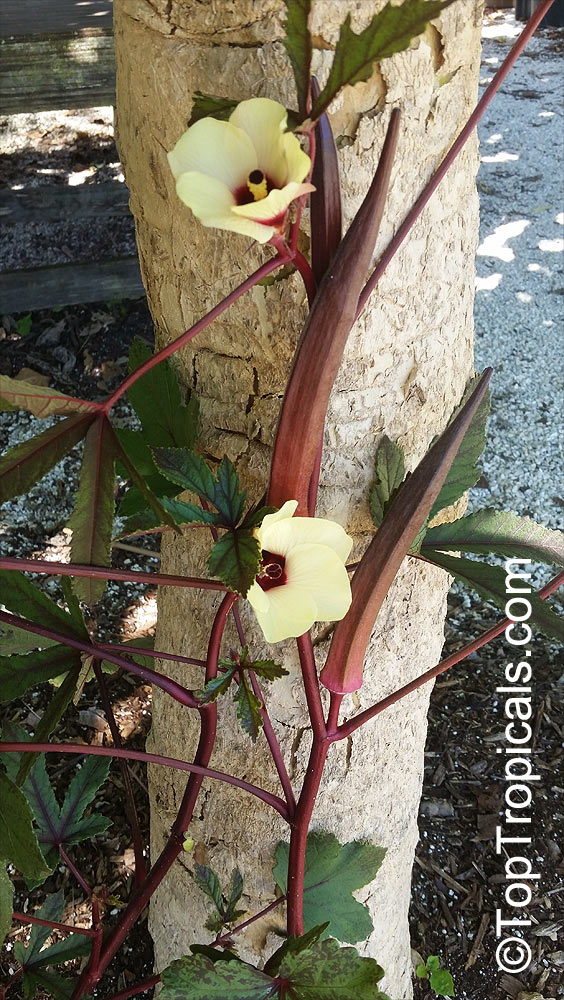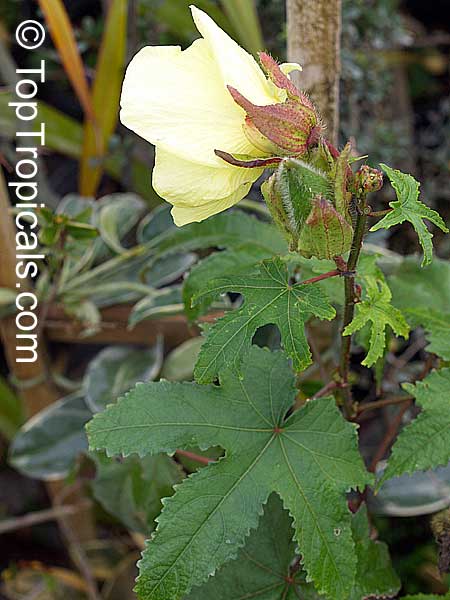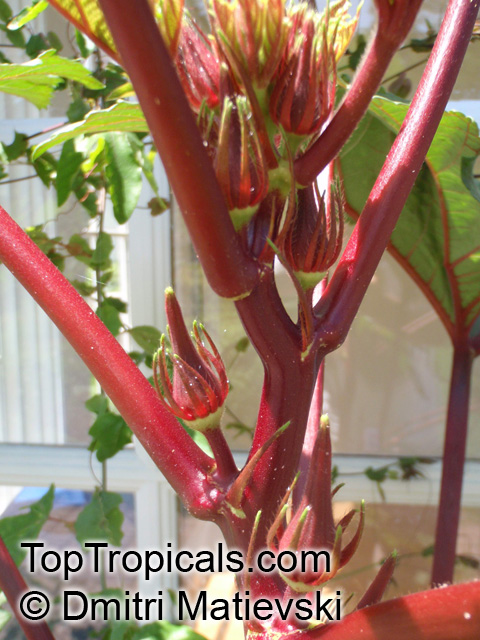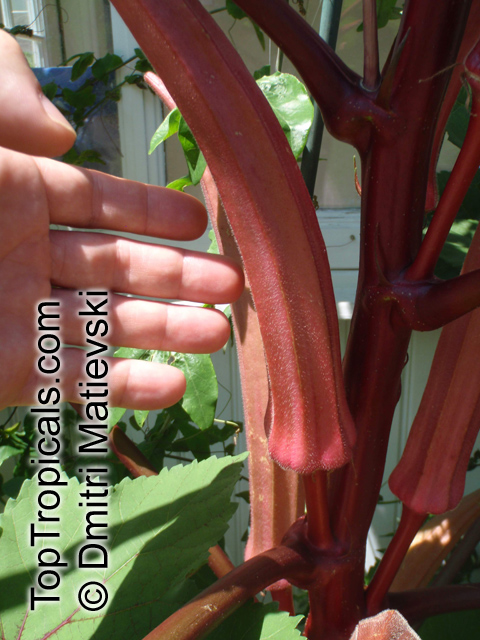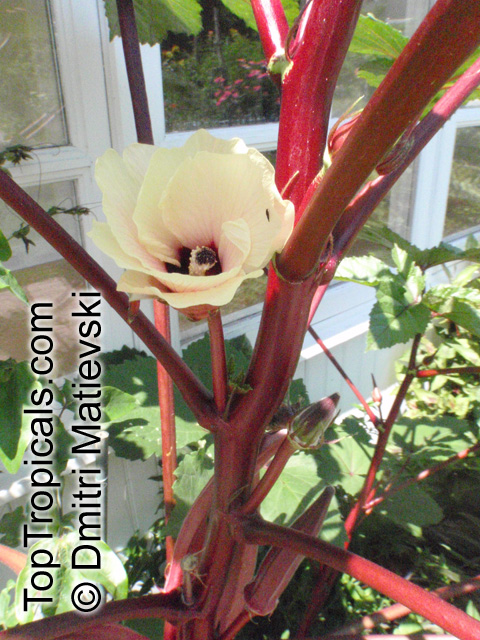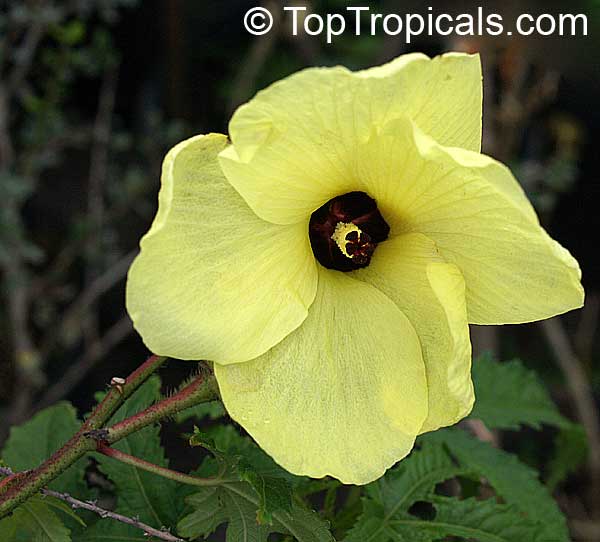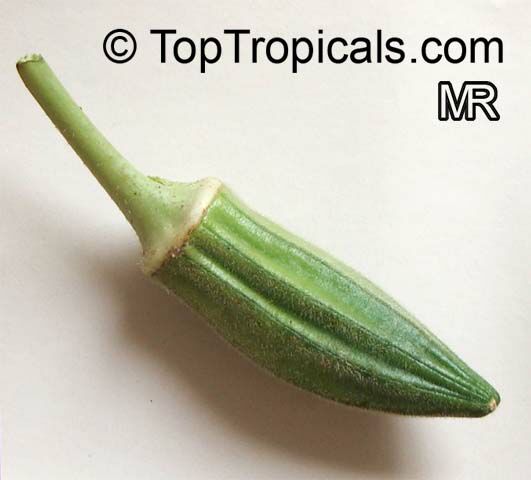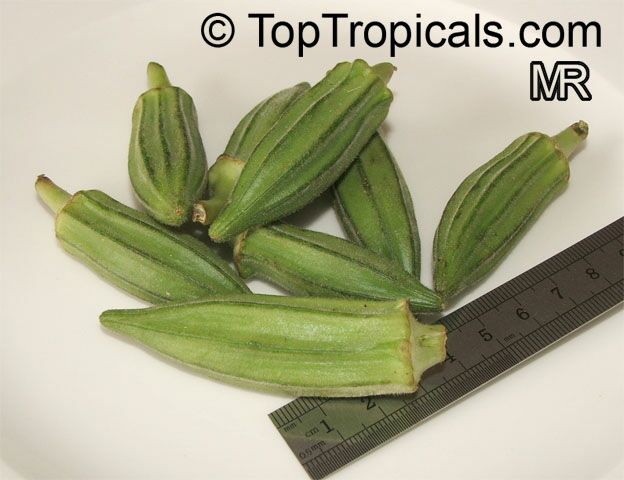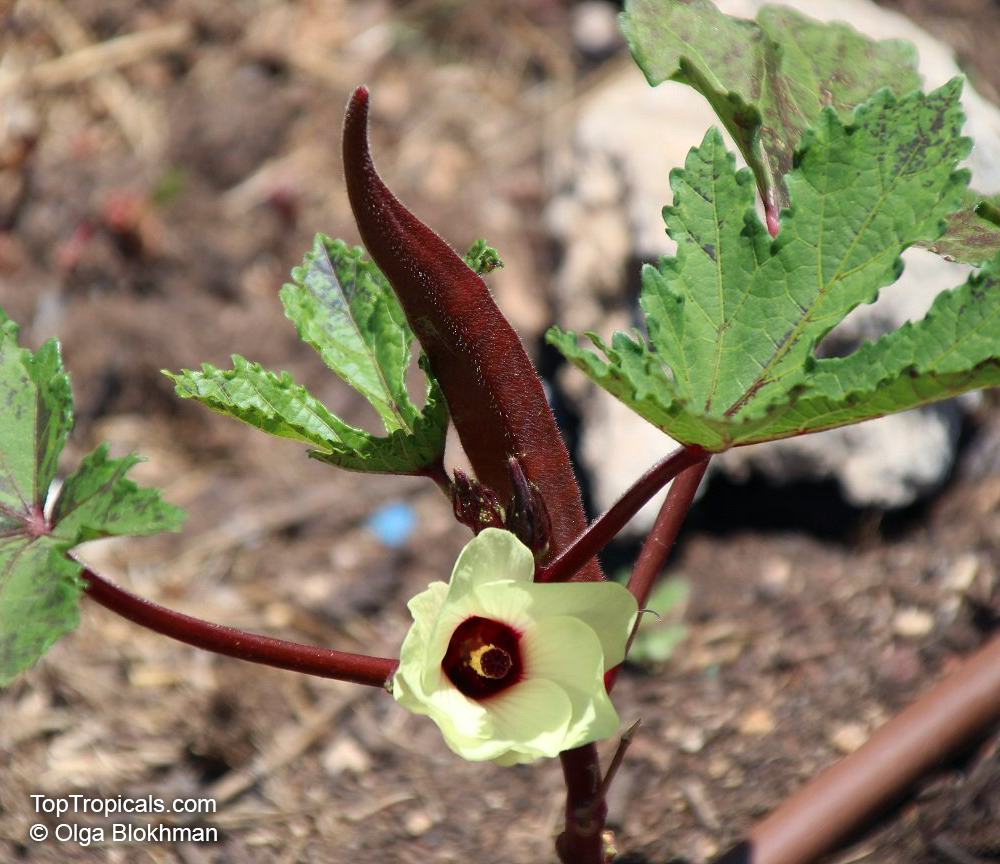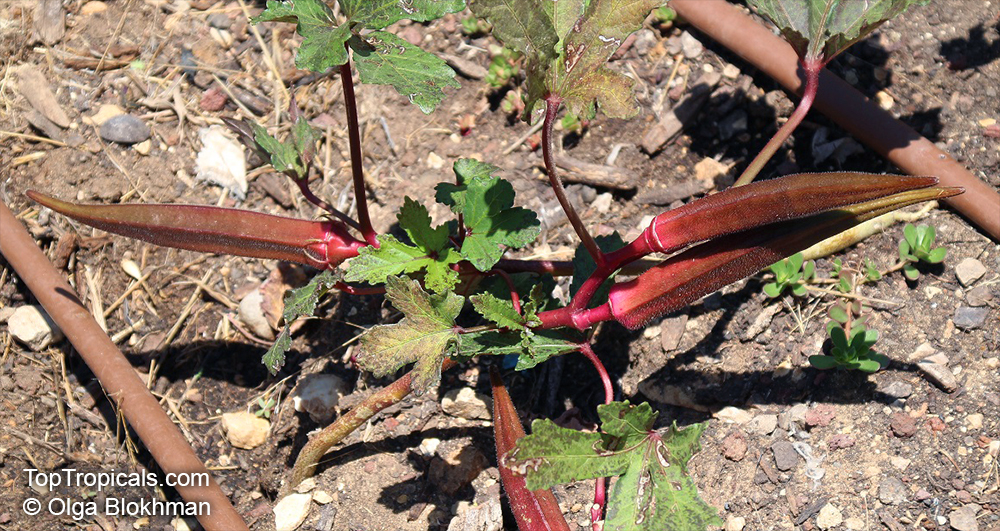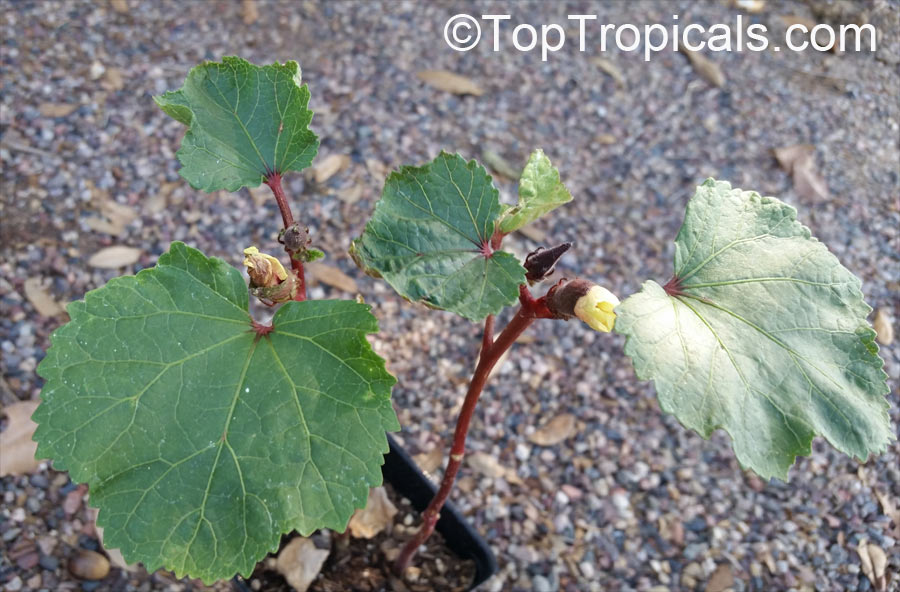Abelmoschus esculentus (Okra)
Botanical names: Abelmoschus esculentus, Hibiscus esculentus
Common names: Okra, Bamia, Gombo
Family: Malvaceae
Origin: Africa








Abelmoschus esculentus, commonly known as okra, is a flowering plant that is native to Africa. It is a large, fast-growing shrub, growing 5-10 ft tall and producing beautiful white, off-white, and yellow-orange flowers. This plant runs on a shorter lifecycle than most other shrubs, taking only 120-165 days to mature.
Okra does best when grown in warm climates, where it can receive strong direct sunlight, and regular watering. It has adapted over time to thrive in USDA hardiness zones 9-11. As it is a climacteric crop, it benefits greatly from warm, humid days and cool nights.
Regular water needs will depend on the local climate, but okra requires moderate regular watering, even during seasonal to periodical droughts. Soil with a high drainage level and well-aerated conditions will help the plant thrive and reach its full potential.
The plant produces striking large edible seeds within green, finger-like pods. Young, tender okra can be used in stir-fry or soups either blanched or pickled, and raw okra is often used in cold salads. When cooked, it is similar to asparagus. In terms of taste, some describe it to be similar to a combination of mushrooms and eggplant.
Okra is packed with nutrients, including vitamin C, calcium, and potassium. It also contains a healthy amount of dietary fibers, which can help maintain healthy digestion. Health benefits of okra also includes its ability to strengthen the immune system, lower stress, and improve skin and hair health.
In terms of yield, the plant can produce up to few hundred pods per plant, depending on the variety and local climate conditions. Therefore, okra is a great choice whether you are looking to have some fresh fruits in your household.
Similar plants: Abelmoschus esculentus (Okra)
- Abelmoschus moschatus (Musk Mallow)
- Abelmoschus manihot (South Sea Salad Tree)
- Alyogyne hakeifolia (Red-centred Hibiscus)
- Alyogyne huegelii (Blue Hibiscus)
- Hibiscus acetosella (African Rosemallow)
- Hibiscus arnottianus (Hawaiian White Hibiscus)
- Hibiscus cannabinus (Kenaf)
- Hibiscus coccineus (Scarlet Hibiscus)
- Hibiscus El Capitolio Group ''Bloody Mary'' (Bloody Mary Hibiscus)
- Hibiscus El Capitolio Group ''Tequila Sunrise'' (Tequila Sunrise Hibiscus)
